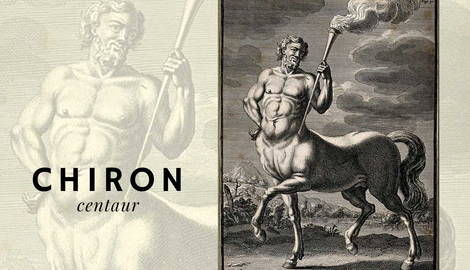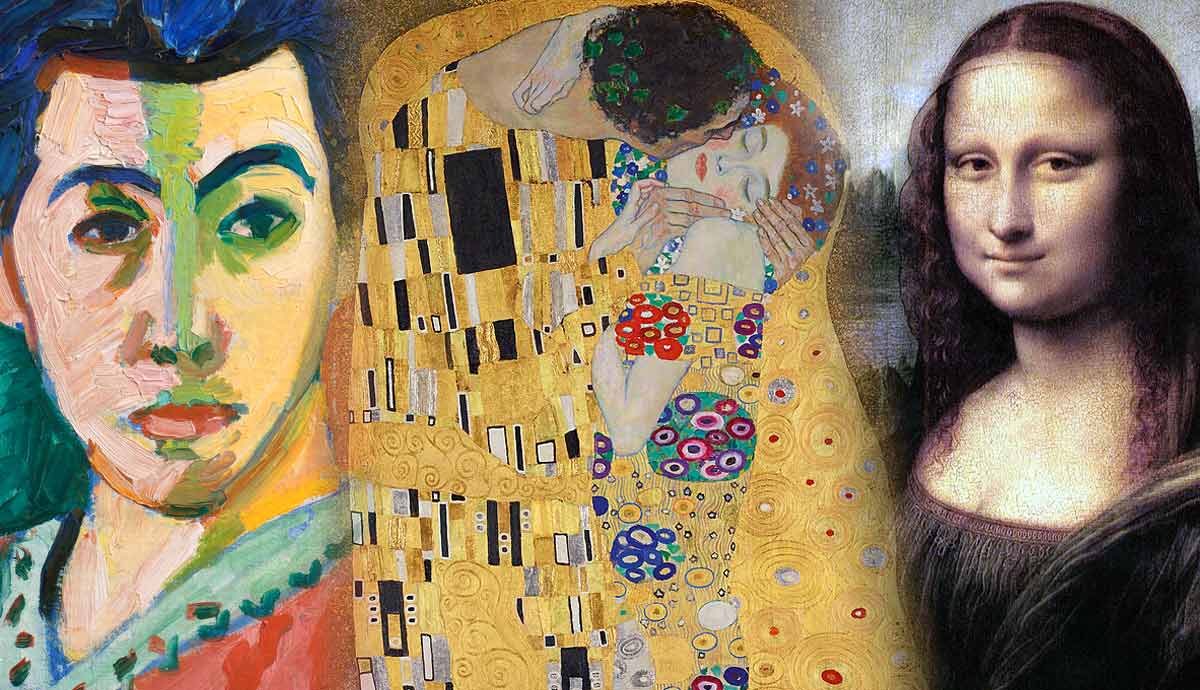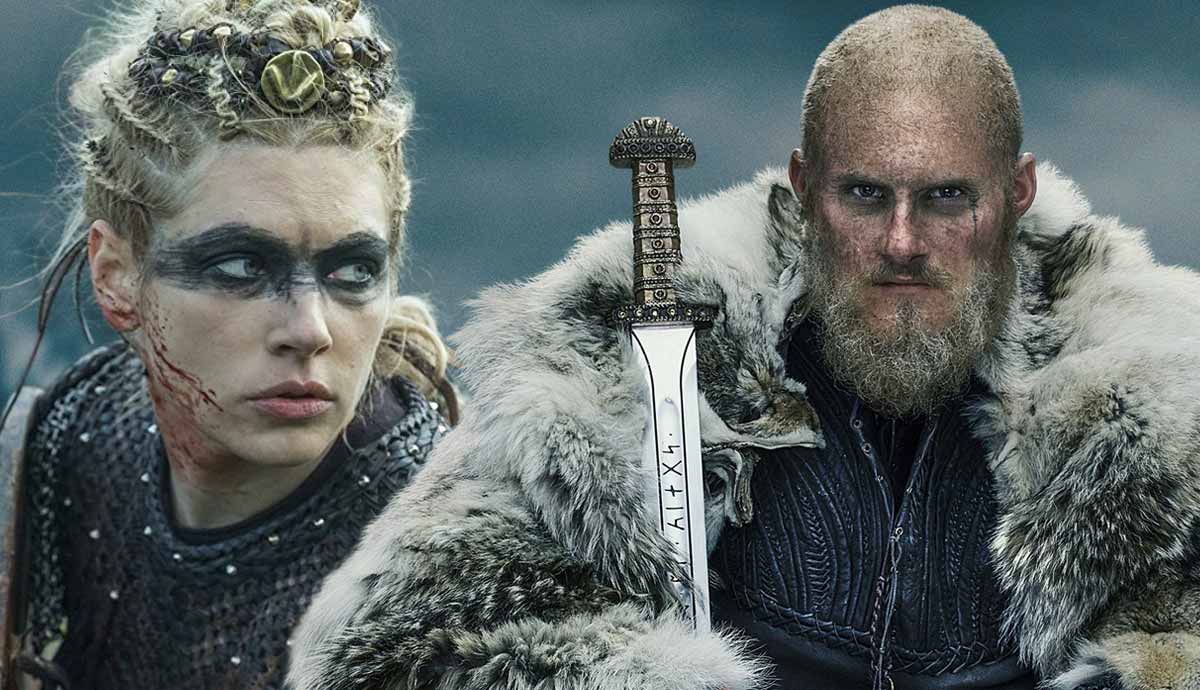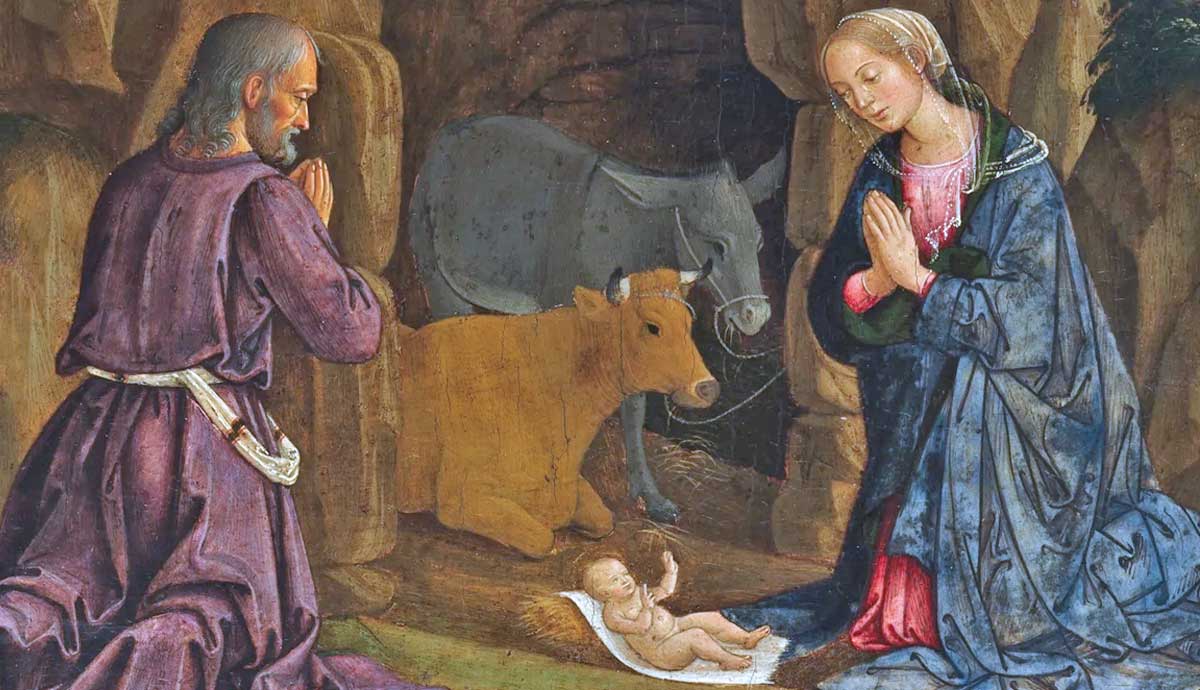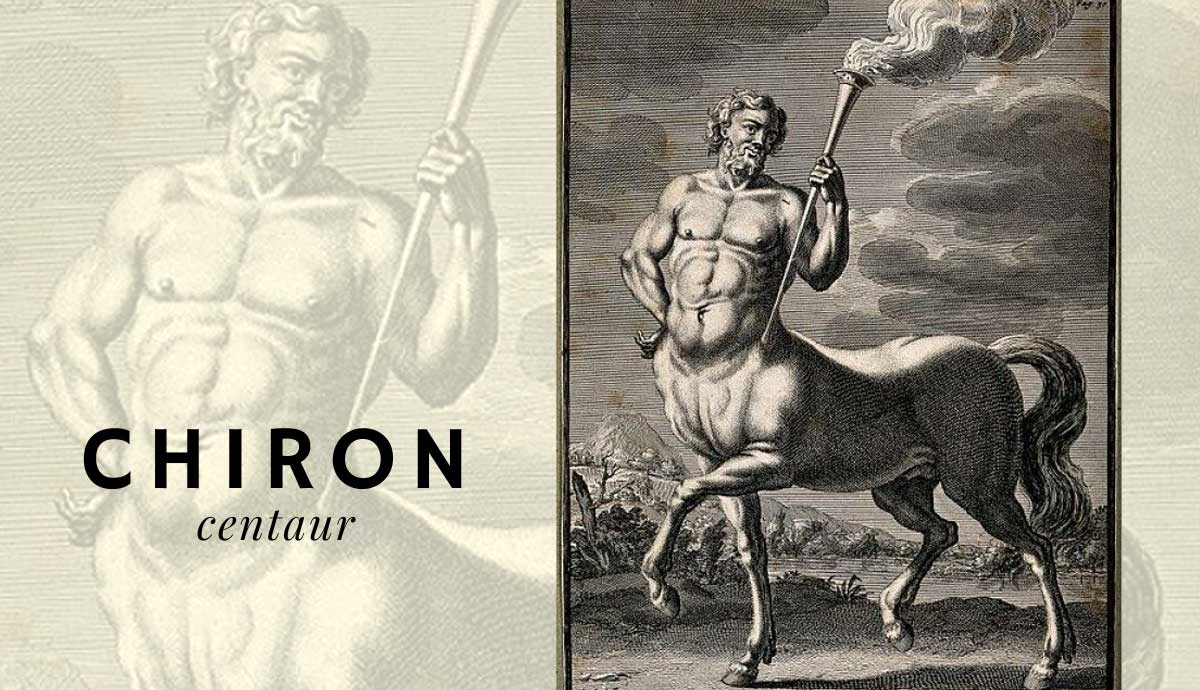
Chiron was the most prominent centaur in Greek mythology, who played a central role in several important myths. While the majority of centaurs from Greek mythology were so wild and unpredictable that they could not live amongst people, Chiron was born from noble parentage, and was raised by Apollo, thus giving him an entirely different temperament. Wise, gentle and kind, he had an extensive knowledge of medicine, and became a teacher and mentor to some of mythology’s greatest heroes. In fact, in the Iliad, Homer called Chiron the “wisest and justest of all the centaurs.”
Chiron Was a Centaur of Noble Birth

Chiron was son of the Titan Cronus and the Oceanid Philyra. According to Greek myth, Cronus transformed himself into a stallion after laying with Philyra to narrowly avoid being caught by his wife Rhea. After falling pregnant, Philyra gave birth to Chiron alone, but in most myths she was so horrified by her offspring she begged the gods for an escape plan. They thereby transformed her into a linden tree, leaving Chiron alone on Mount Pelion in Thessaly. Abandoned by both his parents, Chiron was eventually found by Apollo, who took Chiron under his wing and teaching him a range of skills including medicine, music, prophecy, poetry and law. Under Apollo’s wing, Chiron developed into a peaceful and intelligent centaur who excelled in every discipline.
Chiron Was Different from Many of the Other Centaurs

While the majority of centaurs became a symbol for man’s wild and uncontrollable side, Chiron was remarkably different. He grew up to be cultured and restrained; because of this in artistic depictions we often see him wearing clothing rather than fully naked like the other centaurs. Sometimes he is also depicted with the two front legs of a man, rather than a horse, making him appear as a full man with the hind legs of a horse attached.
A Teacher and Mentor

Following on Apollo’s example, Chiron became a teacher, father figure and mentor to many of ancient Greece’s greatest heroes. His mild and amenable temperament made him ideally suited to teaching, as did his excellent understanding on a range of subjects. Among Chiron’s greatest pupils were Achilles, Asclepius, Meleager, Actaeon, Perseus, Jason and many more. Chiron’s teaching style was based on balancing elements of reason and wildness – he encouraged his young proteges to draw upon wisdom and knowledge when needed, but also to be able to act on impulsive, animalistic drives when the occasion called for it, such as when entering into battle.
As such, Chiron taught his pupils knowledge on subjects such as medicine, music and the arts, alongside key tactical skills in hunting, archery and sword fighting. As news spread on Chiron’s ability to prepare young men for the challenges of life in the ancient world, more parents would send their young sons his way.
Achilles

Achilles was one of Asclepius’ star pupils, who went on to become one of the greatest heroes in Greek mythology – Chiron taught Achilles a range of skills he would take with him to the Trojan War. Legend has it the two formed a particularly close, familial bond, with Chiron becoming a parent-like figure to Achilles. Years later, in adulthood, Achilles would recall fondly his childhood years with Chiron, telling his fellow soldiers, “So much do I remember, friends, of the training of my earliest years, and sweet is their remembrance.”
Asclepius

Asclepius was another prominent pupil who learned skills he would take into adulthood from Chiron, eventually far exceeding the knowledge of his teacher. In particular, Asclepius learned key skills in herbal medicine, surgery, and incantations from Chiron. From here, Asclepius went on to become a powerful leader with supernatural healing powers that enabled him to cure the sick, and to even bring the dead back to life.
Jason

Under the instruction of Jason’s parents, Chiron took Jason under his wing from a young age. He taught the great Greek hero to be a huge range of sills that would serve him well into adulthood, including music, medicine, hunting and warfare. At the age of20, Jason set off to try and reclaim his right to the throne of Iolcus. While his quest was ultimately unsuccessful, he did take part in some of Greek mythology’s most swashbuckling adventures, including retrieving the Golden Fleece in a ship called the Argo, along with the Argonauts.
